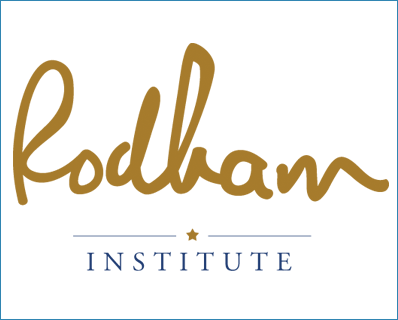On Thursday, October 20th, my placement, The Rodham Institute, hosted its 4th annual summit on the theme “Engaging Youth to Build Healthier Communities.” The summit, hosted at THEARC in Southeast D.C., examined an array of different content areas impacting the development and maturation of young people in Washington, D.C. and other urban centers.
The summit began with a breakfast and poster session, where I presented my research poster examining the prevalence of uncontrolled hypertension and uncontrolled diabetes in Washington DC., as indicated by systolic and diastolic blood pressure and A1C scores respectively. After the poster session, guests made their way into the main auditorium to see performances from youth engaged in after school programs. The day continued with a series of panels featuring guests from Whitman-Walker Health, Little Friends for Peace, and Youth Escape Arena.
The keynote panel featured Dr. Kirkland C. Vaughans and Dr. Warren Spielberg, authors of “The Psychology of Black Boys and Adolescents” and Rain Henderson, CEO of the Clinton Health Matters Initiative. Two powerful quotes from the panel that have remained with me are “The inability to distinguish a boy from a man has haunted black boys since slavery,” and “When we talk about black boys, we cannot separate the system that by code keeps them separate and from succeeding.” These candid conversations not only exposed the audience to the harsh realities facing African American youth but also offered a call to action for how people can inspire change and foster healing amongst this population.
Former First Lady of Washington, D.C., Cora Masters Barry, spoke during the luncheon and thanked Dr. Jehan El-Bayoumi, Founding Director of the Rodham Institute, for bringing the summit to the very communities around which the Institute focuses its work. Bringing the summit to the community helps to bridge the gap between what some people believe certain communities are like, versus what the communities are actually like.
For more information about the summit, see the GW Today story.


